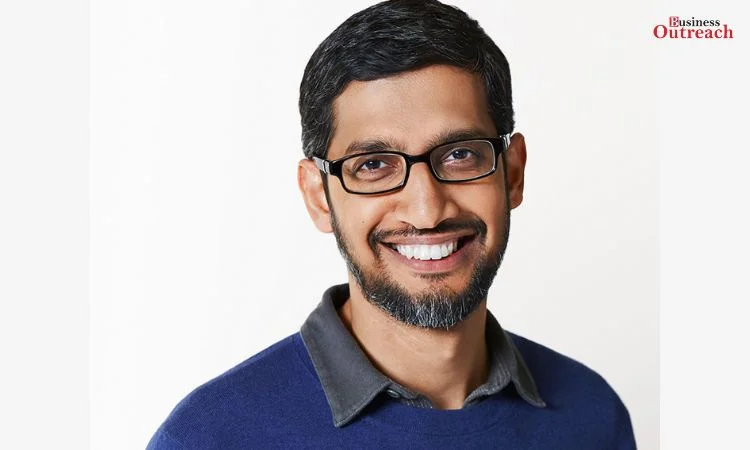Google CEO Sundar Pichai believes true achievement comes from genuinely comprehending things rather than just surface-level knowledge. In a recent interview, he referenced a memorable scene from the beloved Bollywood movie 3 Idiots to illustrate his perspective on success.

Pichai sat down with entrepreneur Varun Mayya to discuss various topics relating to technology and leadership. At one point, their conversation turned to how people can move past just aiming to get jobs at top companies and instead focus on deeper learning. This is when Pichai brought up the movie 3 Idiots.
For those not familiar, 3 Idiots is a comedy-drama film from 2009 that follows the lives of three college friends. One memorable moment depicts the character Rancho being questioned about engines by his professor. When simply reciting a textbook definition proves insufficient, Rancho dismantles an engine to demonstrate his real understanding of how it works on a practical level.
Pichai saw parallels between this scene and his views on achievement. “There’s a version where you just describe what a motor is. And there’s a version where you actually understand what a motor is,” he explained. In other words, true success comes from internalizing knowledge rather than mere memorization or recitation. It requires looking beneath the surface and gaining knowledgeable that can be applied concretely.
The Google CEO went on to say many job applicants, especially those aiming for prestigious tech companies like Facebook, Amazon, Apple, Netflix and Google (collectively known as FAANG), primarily focus on acing exams and getting good grades. While academic performance is important, Pichai believes it only demonstrates a limited scope of knowing. He wants people to move past just competing for scores and titles, instead striving to comprehend subjects in a profound manner.
Rather than superficially checklisting facts, real mastery involves unpacking ideas, seeing interconnectivity, and applying learning practically. It’s about gaining insightful wisdom that can be built upon over time, not temporary performance for tests and applications. Pichai knew this type of balanced, experiential knowing was just as important – if not more so – than test results alone when it comes to longterm fulfillment and impact.
To drive home his point, Pichai pointed to Rancho’s memorable scene where taking apart an engine cemented his functional understanding. Much like Rancho’s hands-on approach, Pichai advocates for genuine comprehension that goes deeper than surface memorization. It’s about connecting the dots between theory and tangible results, then using that integrated insight to continue growing in knowledge and skill over the years.
This profound viewpoint echoes Pichai’s own career path. After completing his studies at IIT Kharagpur and Stanford University, he went on to make significant technical contributions during his many years at Google. Rising to become CEO, Pichai has continuously emphasized the need for a learning culture where people strive to understand concepts from multiple angles rather than just hitting academic targets. 3 Idiots perfectly encapsulated these aims through its emphasis on passion for knowledge over grades alone.
When asked about Google’s presence in India, Pichai was enthusiastic about the country’s growing impact. He noted it is currently one of their largest markets globally in terms of users. With worldwide usage of artificial intelligence (AI) also surging, the Google CEO expects many Indian developers to adopt and contribute to its innovative applications. By opening access to their core AI tools, the company aims to support the region’s promising tech sector and help tackle societal issues.
In conclusion, Pichai’s interview insights provide important perspective for professionals and students alike. Beyond just checking boxes to land jobs or advance careers, the focus should be on continuously cultivating deeper understanding. Much as Rancho’s character demonstrated in 3 Idiots, true comprehension requires taking apart concepts and putting them back together based on real-life problem solving. It’s an approach that paves the way for lifelong growth far beyond any single exam. If tech talents embrace this balanced learning philosophy, they can make breakthrough innovations that drive meaningful progress for humanity.















